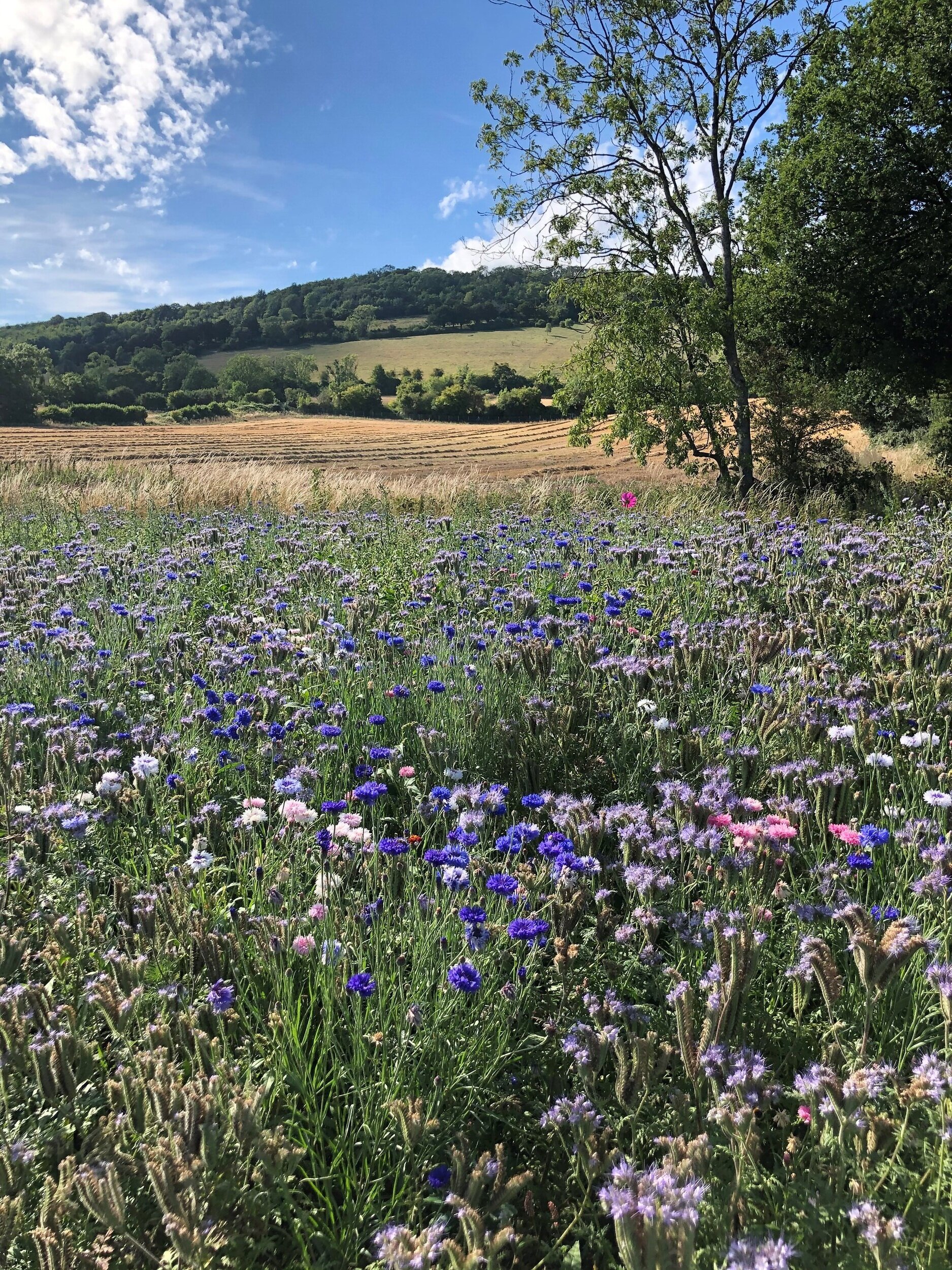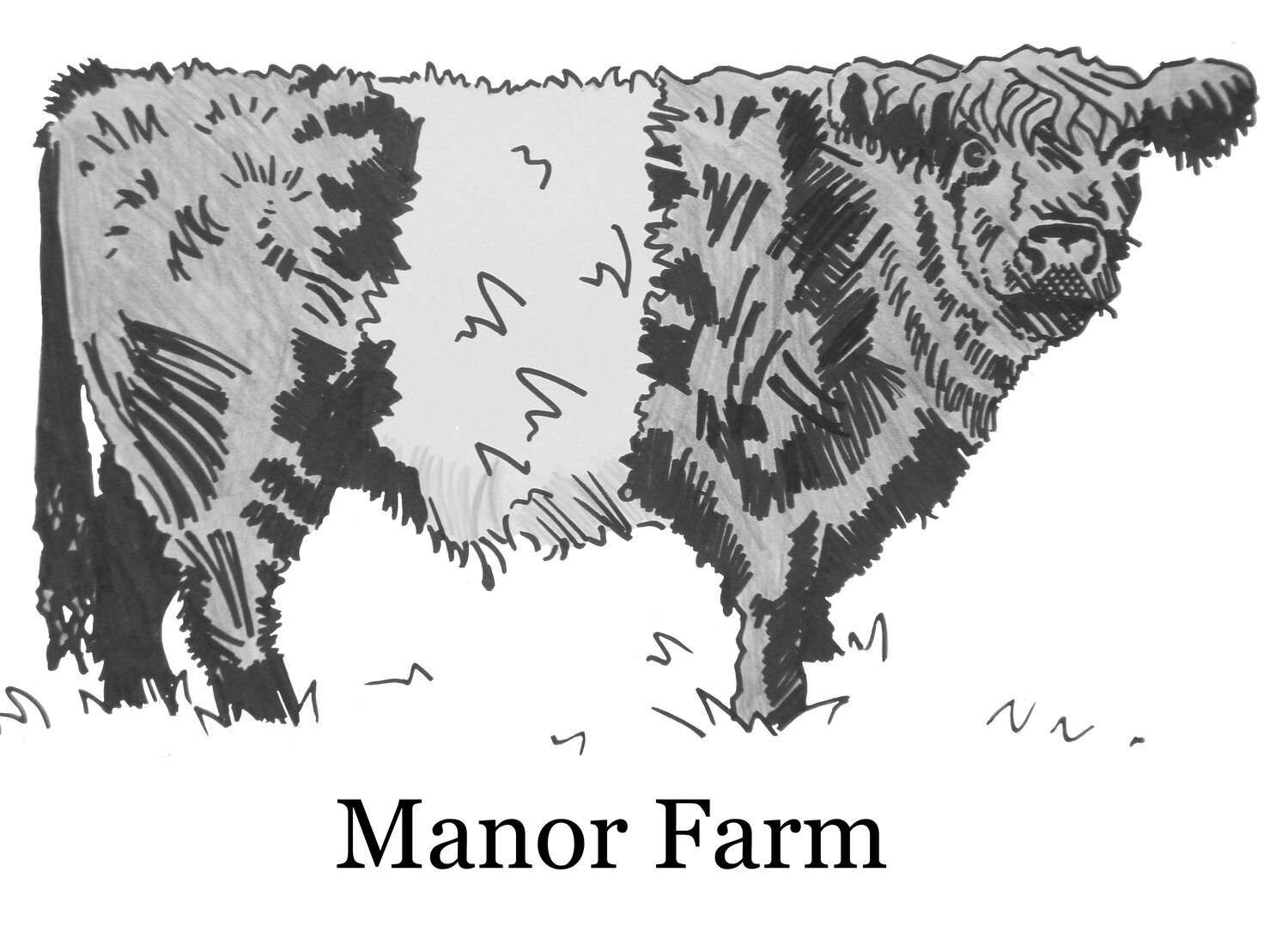
Countryside Stewardship
Shaping The Countryside - Environmental Stewardship
Farming has shaped Britain's landscape and countryside for centuries.

Neolithic man cleared areas of forest thousands of years ago in the area of the North Downs and the Weald. Tools have been discovered which indicate the soil was being farmed 3,000 years ago. Farming has seen many changes through the centuries; times of famine and war, land enclosure and the introduction of machinery.
Throughout these years of change, in addition to food production, generations of farmers have undertaken many rural skills such as hedge laying, coppicing and pond and woodland management. In the past there was a demand for coppice products and the hedges were used to enclose livestock.
In the 1930's Edward Matthews had about eight people working for him on 381 acres and the farming and associated countryside skills continued side by side. 89 years and two generations later, three of the Matthews family and another 4 staff are working full time on 3,000 acres, showing how farming has progressed through technology to meet the demands for increased food and energy production whilst dedicating a greater area for wildlife. The demand for the woodland products has all but gone and livestock is no longer enclosed by hedges. However, rural skills continue on the farm for the benefit of flora and fauna.
Projects include hedge-laying, coppicing, pond restoration, reversion of arable land to low input grassland and provision of 6 metre field margins. Rotational options leave stubbles for the winter and spring for ground nesting birds. Conversion headlands have lower inputs on the first 24m of crop and no insecticide application. A major hedge planting projected began in 2021 with over 5.6km (3.5 miles) and more than 29,000 native hedgerow trees being planted to provide wildlife corridors, connectivity and space for nature within the farmed landscape. This was made possible by bringing together hundreds of volunteers and with support from Farming in the Protected Lanscape.
We are proud to undertake important conservation grazing on the North Downs with our Wotton herd of pedigree Belted Galloway cattle. Grazing helps to maintain a species rich habitat on the chalk downland which is now rare worlwide.
Due to the thin well drained top soil, there are few nutrients available and competition between plants is high which results in an abundance of different species growing in a small area.
Many of the chalk downland plants and associated insects are not found in other habitats.
The farm business entered into the DEFRA Countryside Stewardship Scheme in 1999. The farm holding moved into the Entry Level Scheme (ELS) in 2006 and partakes in six Higher Level Stewardship Schemes (HLS) across the farm holding and nine parishes, from Westcott to Normandy.



